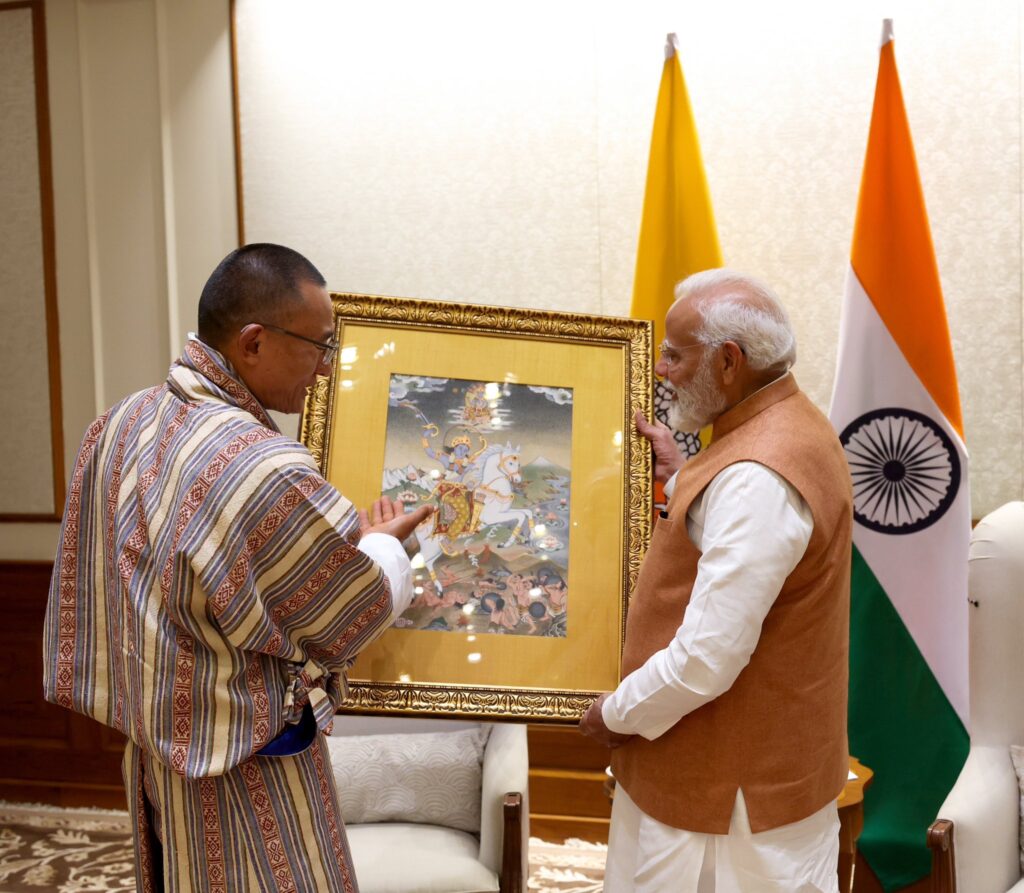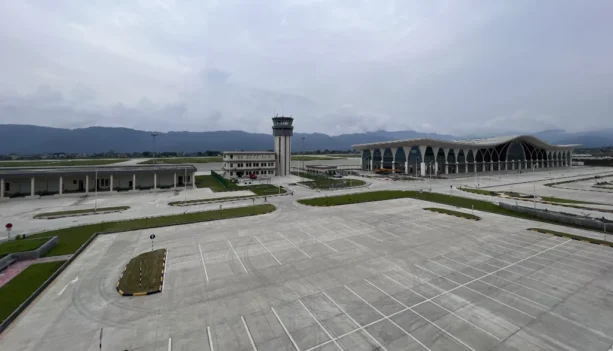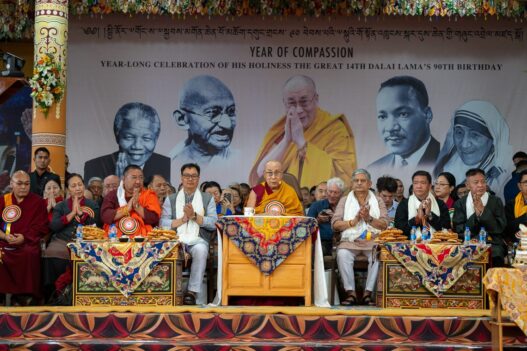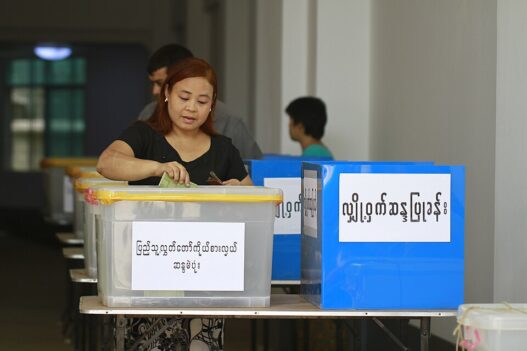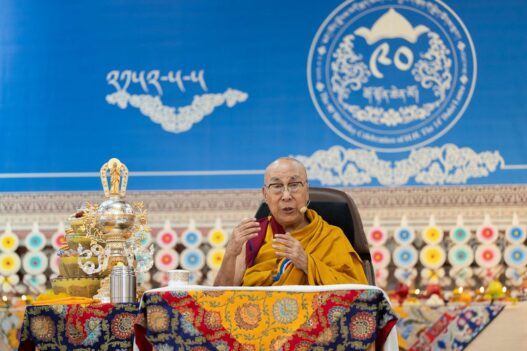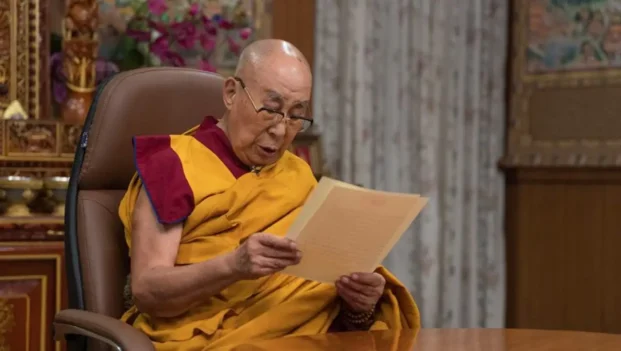In a move set to reshape the economic landscape of South and Southeast Asia, Bhutan launched plans for a colossal “international city” spanning over 1,000 sq. km. on its border with Assam. The announcement, made by Bhutanese King Jigme Khesar Namgyel Wangchuck on December 17, outlines the project as a transformative “economic corridor” aimed at connecting South Asia to Southeast Asia via India’s northeastern states.
Prime Minister Tshering Tobgay currently in Delhi is engaging talks with the Indian government and business leaders to propel Bhutan’s plans for a regional economic hub at Gelephu, bordering Assam in India. Positioned within the Gelephy Special Administration Region, the initiative seeks to leverage its strategic location to foster development and economic opportunities, with proposed investments spanning infrastructure, education, and green technologies.
Bhutanese Prime Minister Tobgay is now on an official visit to India, marking his first international trip since taking office in February 2024. Previously, in November 2023, Jigme Khesar Namgyel Wangchuk, the King of Bhutan, made an official trip to India, stopping in Assam, New Delhi, and Maharashtra. During his recent visit to India, King Wangchuck discussed the Gelephu project with Prime Minister Narendra Modi, emphasising its role in enhancing regional connectivity.
Pitching the project as an “economic corridor connecting South Asia with Southeast Asia,” the King expressed gratitude to PM Modi and the Indian government for their support in building the first India-Bhutan railway line to Gelephu. The project aims to facilitate international investment through a “Special Administrative Region” with distinct laws, ensuring adherence to environmental standards and sustainability. The project, part of the Sarpang district Special Economic Zone (SEZ), envisions the establishment of an international airport at Gelephu and discussions have begun regarding the construction of rail connections to neighbouring regions.
The prospect of Gelephu metamorphosing into a “Green City” has captured the imagination of Bhutanese citizens, with local media heralding it as a harbinger of a “new dawn” for the nation. Despite grappling with economic headwinds exacerbated by the COVID-19 pandemic, Bhutan’s transition away from Least Developed Country status signals a resolute stride towards sustainable growth and prosperity.
Underscoring the significant role of the forthcoming railway connection between Kokrajhar, Assam, and Gelephu, Sarpang, Bhutan, Tobgay lauded its potential to amplify connectivity and facilitate trade and tourism.
Tobgay spotlights rail and air links between India and Bhutan
During his five-day visit to India, Bhutanese Prime Minister Tshering Tobgay called upon the Indian industry to delve into business opportunities in Bhutan’s burgeoning tourism sector, emphasising the deep-rooted relations between the two nations. Tobgay’s remarks were made at the ‘India-Bhutan Tourism: Expanding Horizons’ dialogue organised by FICCI in the national capital.
With a planned train connection between Kokrajhar, Assam, and Gelephu, Sarpang, Bhutan, travel between the two nations is expected to increase, promoting trade and tourism. Tobgay emphasised the importance of the affordable railway service in improving connectivity between India and Bhutan. Furthermore, as part of the bilateral agreement between India and Bhutan, Tobgay voiced hope regarding the extension of aircraft services to Bhutan in the upcoming years. It is anticipated that this action will improve travel and tourism even more, enhancing the two countries’ economic relations.
The Ministry of External Affairs said on Friday that Prime Minister Narendra Modi has accepted Tshering Tobgay’s invitation to visit Bhutan the following week. Long-standing and remarkable bilateral relations between India and Bhutan are marked by the highest levels of trust, goodwill, and understanding between the two countries at all times. The visit gave the two parties a chance to talk about a range of topics related to their complex bilateral relationship and create a mutual understanding to continue working together in a variety of fields.

